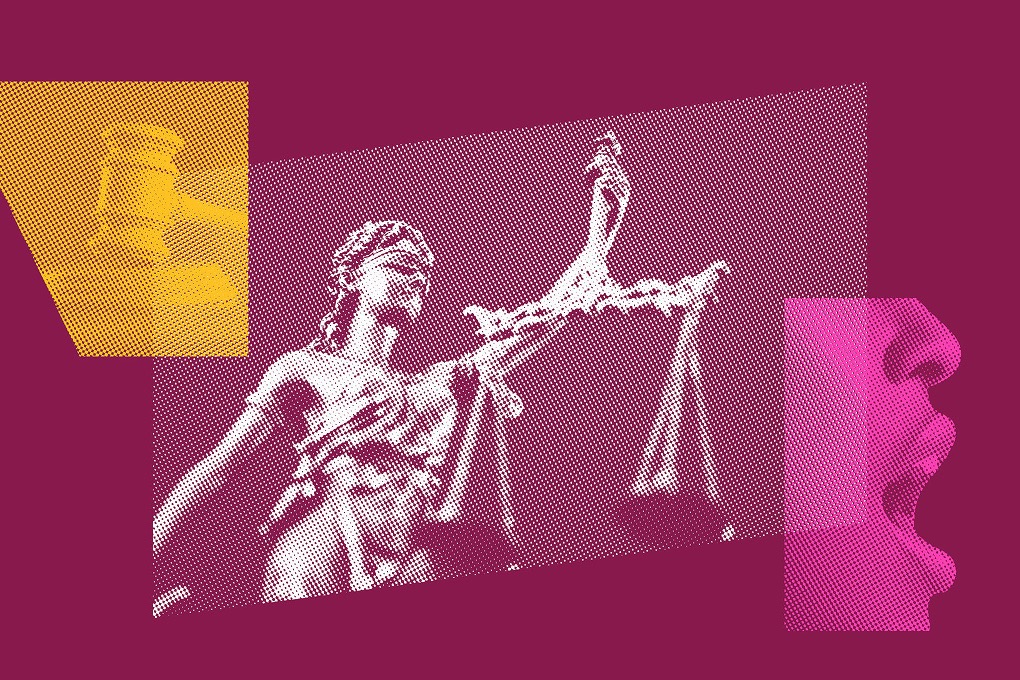Five-Week Trial Exposes Inhumane, Unconstitutional Conditions at Mississippi Prison Operated by Private Contractors
Experts and Prisoners Testify to Extreme Deficiencies at East Mississippi Correctional Facility in Security, Health Care, Food, and Sanitation, Conditions that Create Dangerous, Violent Environment for Prisoners and Staff
JACKSON, Miss. – Attorneys gave closing arguments today in the U.S. District Court for the Southern District of Mississippi, concluding a five-week trial in Dockery, et al. v. Hall, et al., a class action lawsuit over conditions at the East Mississippi Correctional Facility in Meridian, Mississippi. Approximately 80 percent of the prisoners at the facility have mental illnesses. At trial, the American Civil Liberties Union, the Southern Poverty Law Center, the Law Offices of Elizabeth Alexander, and Covington & Burling LLP showed that the Mississippi Department of Corrections has inflicted preventable suffering on thousands of prisoners in violation of the Constitution’s prohibition on cruel and unusual punishment.
“The Mississippi Department of Corrections allows this prison to fail at even the most fundamental tasks: keeping prisoners safe and secure, treating mental illnesses, providing basic medical treatment, and providing a sanitary environment,” said Jody Owens, Southern Poverty Law Center managing attorney for Mississippi. “The result is a place so dangerous and so violent that it shocks corrections experts, yet the department keeps handing taxpayer money to private companies to run the prison and its services, rewarding them year after year for doing a horrific job.”
The defendant in Dockery, the Mississippi Department of Corrections, contracts with Management & Training Corporation (MTC), a private prison company, to operate East Mississippi Correctional Facility, and with the for-profit company Centurion to provide medical and mental health care to the prisoners. At trial, attorneys for the prisoners put on experts in the field of corrections who testified to the extreme inadequacies of MTC’s and Centurion’s performance and to the department of corrections’ knowledge of these shortcomings.
“The Mississippi Department of Corrections has a cruel way of handling prisoners with mental illnesses. It funnels them into the East Mississippi Correctional Facility, and then systematically neglects their needs for treatment,” said Eric Balaban, senior staff attorney with the ACLU’s National Prison Project. “When they become unstable due to lack of treatment, the prison punishes them with solitary confinement, which typically makes mental illness worse. Yet the state keeps writing checks to Centurion for this so-called ‘care.’”
At trial, Mississippi Department of Corrections Chief Medical Officer Gloria Perry admitted that she has never visited East Mississippi Correctional Facility. Prisoners testified about being sexually assaulted and having to set fires to get medical attention due to the prison’s lack of staff. The department’s own testimony and documents showed gangs running many aspects of the prison.
“Because of the Mississippi Department of Corrections’ failure to address the unconstitutional conditions at the East Mississippi Correctional Facility, prisoners suffer irreparable harm that can make it even more difficult to re-enter society, in addition to worsened medical conditions that could have been treated, mental illnesses that have grown far worse, and psychological damage from being assaulted,” said Erin Monju, litigation associate at Covington & Burling LLP. “The department is causing suffering far beyond the prisoners’ sentences, also punishing families and communities.”
“The Mississippi Department of Corrections has let MTC and Centurion deny prisoners’ needs as human beings to the point of desperation and violence, making East Mississippi Correctional Facility a hazard to the health of prisoners and staff,” said Elizabeth Alexander, who has spent her career litigating on behalf of prisoners’ rights across the country.
The lawsuit, originally captioned Dockery v. Epps, was filed in 2013.
For legal documents and other information about Dockery v. Hall, see:
Southern Poverty Law Center: Docket for Dockery v. Hall
https://www.splcenter.org/seeking-justice/case-docket/dockery-v-epps
ACLU: Dockery v. Hall
https://www.aclu.org/cases/prisoners-rights/dockery-v-epps?redirect=prisoners-rights/dockery-v-epps
Covington & Burling
https://www.cov.com/en/pro-bono

